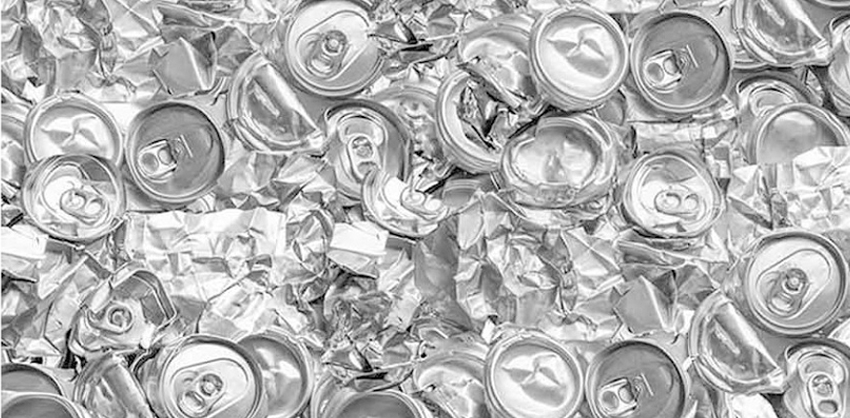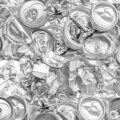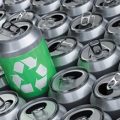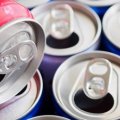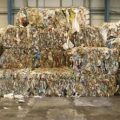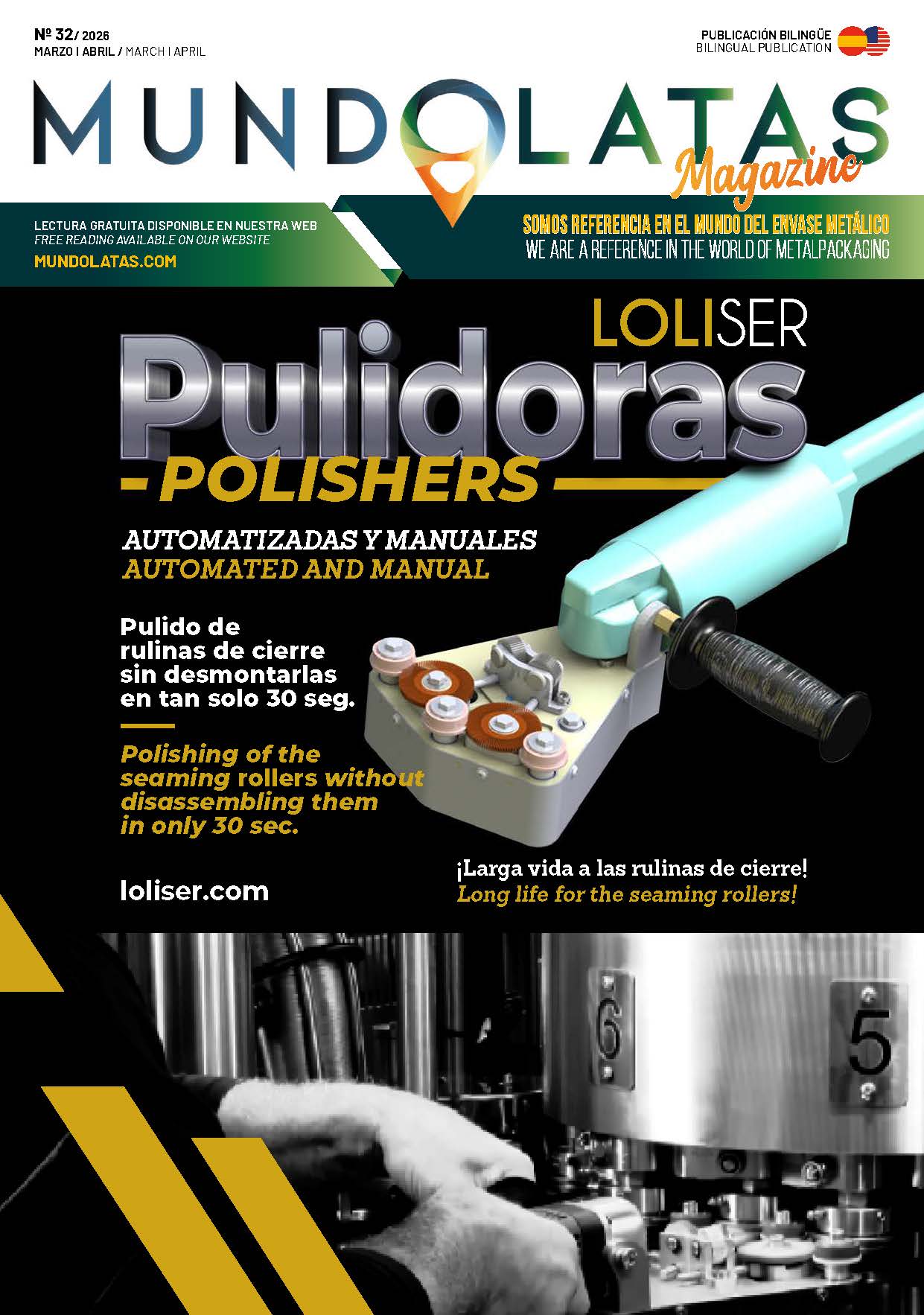The number of aluminum beverage cans recycled surpassed its previous record by reaching 570,000 tons, which is equivalent to a saving of 4.7 million tons of carbon dioxide equivalent.
According to the latest report from Metal Packaging Europe and European Aluminium, the overall aluminum can recycling rate in the European Union, United Kingdom, Switzerland, Norway and Iceland has increased by 3.2% and reached a record 76%. This means that a total of 570,000 tons of aluminum were recycled, an increase of 60,000 tons compared to the previous year. In addition, this record level of recycling has succeeded in reducing total greenhouse gas emissions by 4.7 million tons of CO₂eq, equivalent to the annual amount produced by a European city with more than half a million inhabitants.
Both the beverage can manufacturers that belong to Metal Packaging Europe and their aluminum suppliers, who are members of European Aluminium, are satisfied with the increase in the recycling rate in Europe. This progress demonstrates the continued efforts made by the industry and the supply chain to improve recycling. However, some EU countries still fail to achieve the 90% or higher recycling target. Industry supports more ambitious targets in terms of separate collection for beverage containers, including aluminum cans, as mentioned in the proposed EU Packaging Regulation.
“We are proud of the latest achievement and believe that the industry is on the right track towards 100% circularity of aluminum beverage cans by 2050. Today, beverage cans are one of the most recycled packaging formats in the European market. Can manufacturers recently joined other industry leaders at COP 28 in a call to accelerate the circularity of aluminum beverage cans and contribute to Net Zero 2050.” said Krassimira Kazahska, CEO of Metal Packaging Europe, adding that.
“aluminum is a ‘permanent’ material, which means that it can be recycled several times through high-quality recycling processes without losing its inherent properties.”
According to Maarten Labberton, head of European Alu’s Packaging Group, member states are encouraged to implement balanced deposit return systems to encourage a circular solution to aluminum beverage can recycling. Although these cans can be easily recycled into other products, such as car parts or bicycles, customers increasingly prefer a high percentage of recycled content in new cans. This will only be possible if Extended Producer Responsibility schemes provide sufficient quantities and quality of used cans collected and properly sorted. Therefore, the implementation of the DRS is crucial to guarantee this supply and achieve a truly circular solution.

